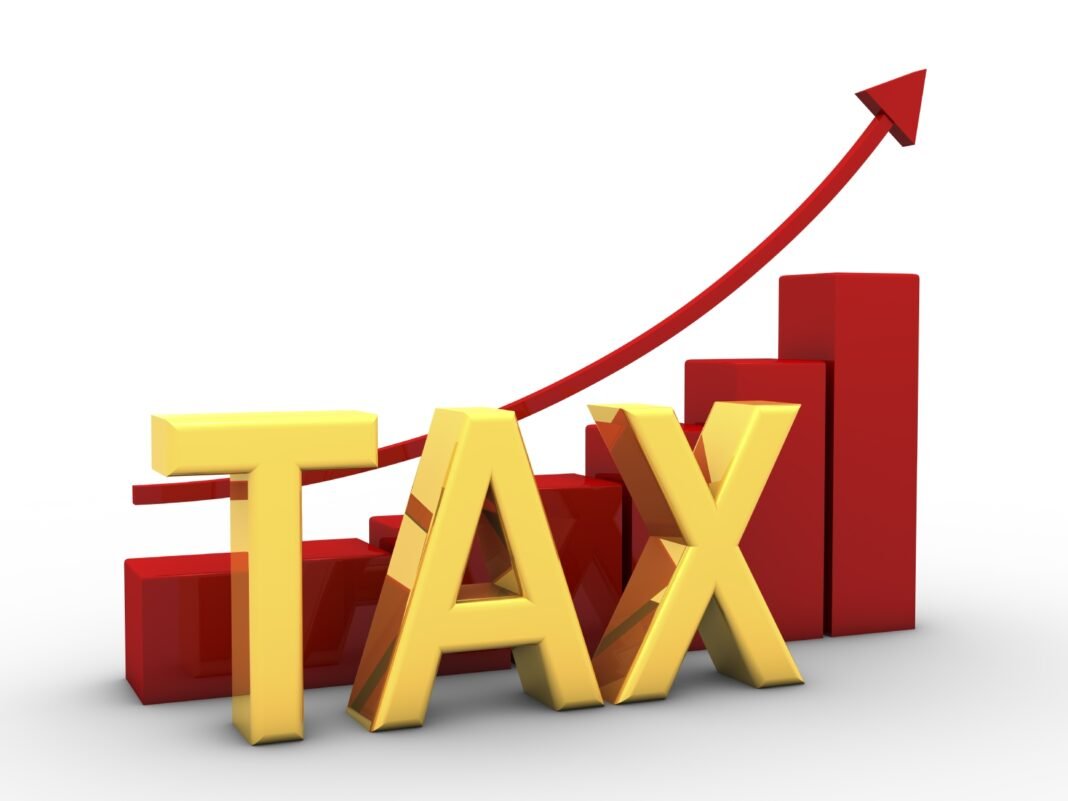Oman announced it will introduce a personal income tax starting in 2028. The government will target only high-income earners with this tax. This significant change supports the country’s Vision 2040 strategy and reflects ongoing Oman personal income tax reforms designed to diversify the economy.
The royal decree outlines 76 articles across 16 chapters. It sets a 5% tax rate on individuals earning more than OMR42,000 annually. Furthermore, the law covers specific types of income as detailed in the legislation. This targeted approach ensures fairness in taxing only relevant income streams.
Authorities aim to strengthen fiscal sustainability while reducing the country’s heavy reliance on oil revenues. By 2030, Oman plans to increase non-oil revenues to 15% of GDP. Moreover, the goal rises to 18% by 2040. These targets align with broader economic reform initiatives to build a more resilient economy.
In addition to fiscal goals, the tax will support wealth redistribution and improve social protection systems. The government intends to foster a fairer and more balanced society. Therefore, the law includes various provisions that reflect social priorities, making the tax system socially conscious.
Officials conducted a detailed study on the economic and social impacts of the tax. Their analysis revealed that 99% of Oman’s population will remain exempt from paying it. Consequently, this tax mainly affects high earners and safeguards the majority of residents.
Additionally, the law provides deductions and exemptions for expenses related to education, healthcare, charitable donations, zakat, and primary housing. These allowances demonstrate that Oman personal income tax policies consider social fairness carefully.
The government has completed all necessary preparations for the tax’s implementation. It developed a new electronic platform to manage income reporting efficiently. This system will connect with various government departments to verify income and encourage voluntary compliance.
Tax authority staff also received specialized training to manage the rollout smoothly. Officials plan to release executive regulations within one year after the law’s publication. They will provide detailed guidance manuals to help individuals and businesses understand their responsibilities.
In conclusion, Oman personal income tax marks a major policy shift. It signals Oman’s firm commitment to economic diversification and long-term financial stability while protecting social equity.





